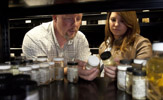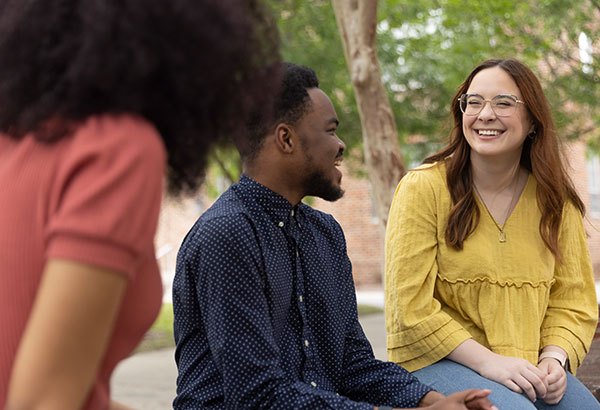Southeastern Fish Biologist awarded $600,000 National Science Foundation Grant
Wednesday, October 29, 2014 
by: Rene Abadie
FISH RESEARCH BEGINS – Southeastern biologist and fish expert Kyle Piller and biology graduate assistant Kim Foster of Shreveport select fish specimens for research form the university's collection of more than 80,000 specimens. Piller was awarded a $607,000 grant from the National Science Foundation for his research.
HAMMOND – A specialist in the classification of several species of fish at Southeastern Louisiana University has been awarded a grant of $607,800 by the National Science Foundation.
Professor of Biological Sciences and ichthyologist Kyle Piller received the three-year grant to pursue his studies of Cyprinodontiformes, a diverse order of fishes that consists of 10 families and more than 800 species distributed throughout the world.
The grant is one of the largest individual research grants received by Southeastern. The funds will allow Piller to include two graduate students as well as several undergraduates in his work.
"This group of fish includes killfishes, guppies and swordtails and is well known among aquarium hobbyists, toxicologists and cancer researchers," said Piller. "Other groups in the order include the splitfins, or Goodeidae, an imperiled group of freshwater fishes that occur in Mexico and the southwestern United States."
The splitfins have not been adequately studied, he said, and their relationship with other groups within the order is unclear.
"The lack of a robust family tree has impeded both basic and applied research on the splitfins," he added. "Resolving the relationships of the families by using DNA within the order has significant implications for furthering our understanding of life-history evolution, their diversification, taxonomy and conservation."
In addition to graduate and undergraduate students, Piller said he will include a number of international and U.S. collaborators, as well as citizen scientists and organizations interested in the species. Specimens and tissue samples will be deposited in research collections in the U.S. and Mexico so they can be used in future studies of these fish.
"We plan to use citizen scientists -- hobbyists and Goodeidae enthusiasts – to help provide us with larval specimens of these fish with known pedigrees for our study," Piller said. "Many of these collaborating members and their employers, such as zoos and aquariums, will be able to develop public exhibits at their facilities that highlight the synergistic activities of scientists and hobbyists on the project."
Piller said the additional specimens will also be added to Southeastern's Vertebrate Museum, which currently contains a fish collection of more than 80,000 specimens. The collection started in the 1950s as a teaching aid includes species from the Lake Pontchartrain Basin and adjacent regions. Piller has also added collections of freshwater fish from Mexico and Belize, where he has performed previous research funded by the National Science Foundation.






